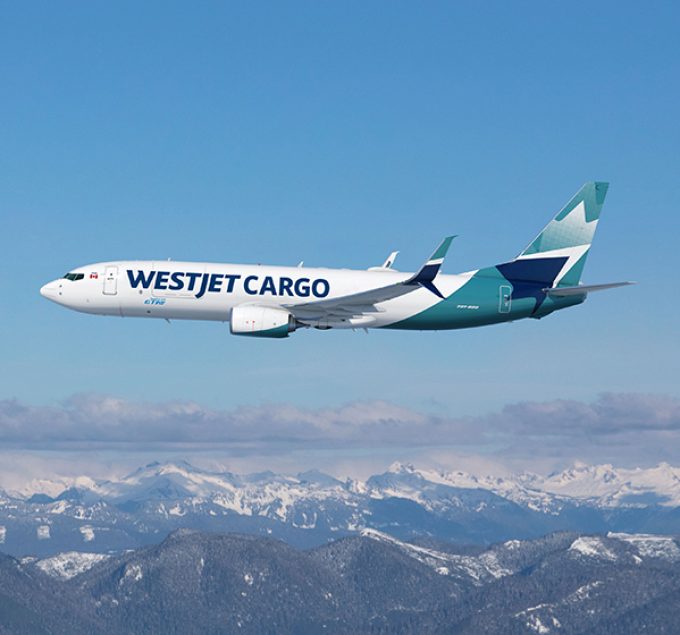Cargo chief quits WestJet as freighter operations cease
WestJet Cargo is losing both its freighters and its head of cargo, after its freight ...

Canada’s WestJet Cargo said it would begin to disrupt the country’s air cargo market after it gets approval for its freighters to take off.
WestJet received the first of four 737-800BCFs a year ago, but has been forced to await approval and certification for Transport Canada. ...
Keep our news independent, by supporting The Loadstar
Red Sea crisis has driven most new capacity into extended Asia-Europe trades
Carrier price hikes hold, driving spot rates higher as space gets scarcer
Crew forced to abandon ship in latest fire on vessel carrying EVs
The Loadstar Podcast | Transport Logistic and Air Cargo Europe 2025
Carriers on the hunt for open tonnage again as transpacific rates soar
'Now or never' for Kuehne and DHL GF to hit back at DSV
Asia-West Africa ULCV deployment opens new markets for carriers
Project cargo: oversized and heavy, posing risks outside the norm for ports
Turkish Airlines falls foul of air safety regulations, claims India's aviation authority
CMA CGM eyeing multi-billion euro investment programme in Algeria
Air cargo players still wary of long-term block space deals – 'a risk on both sides'

Comment on this article